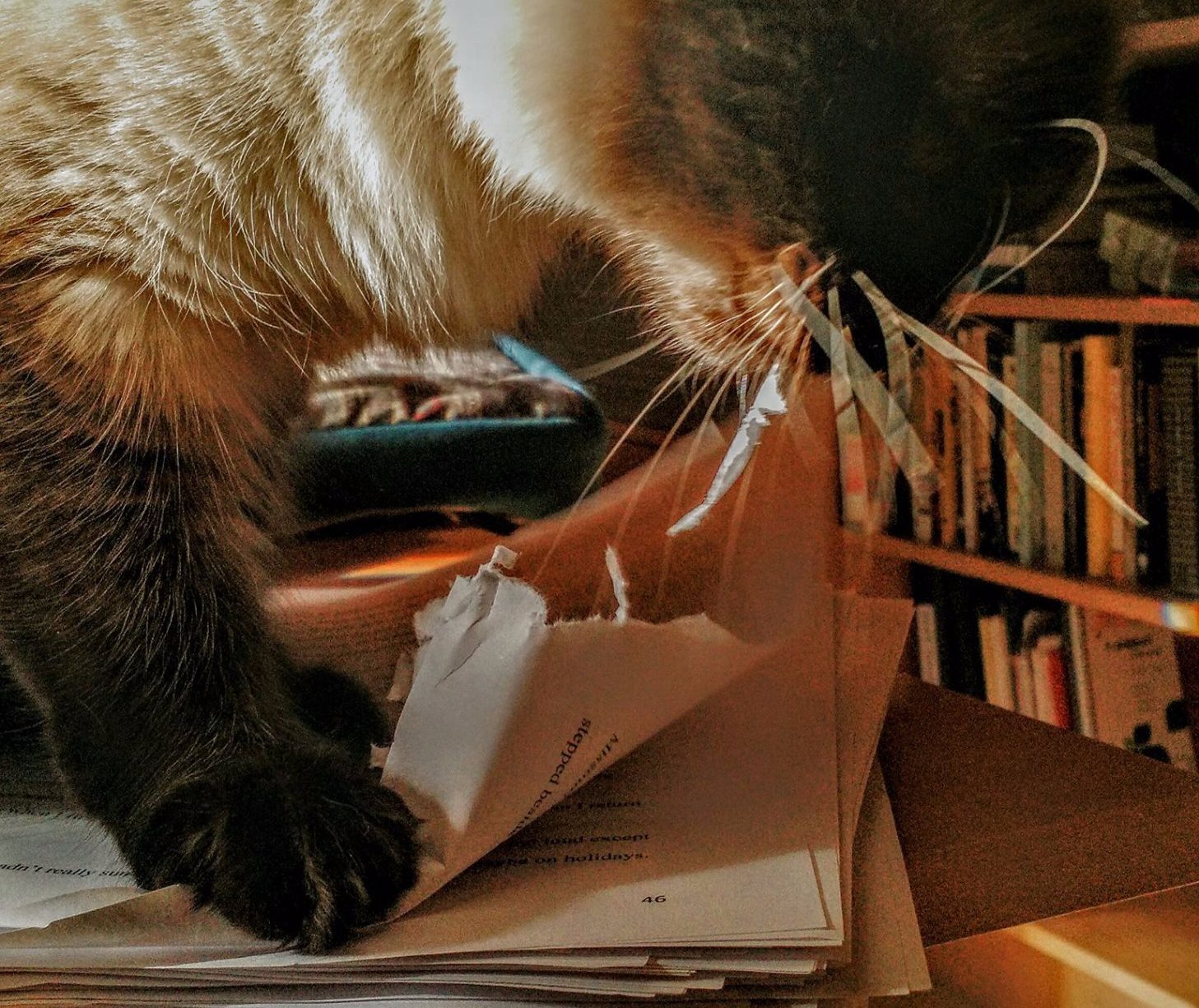She’s in New York City, my novel’s protagonist. She’s in his office, likely, or he’s taken her home with him in a taxi and he’s making a drink while she waits by the fire. Then maybe he’ll prop up his feet and wonder why she was “enthusiastically” recommended by one of his clients.
I try not to worry., Phoebe can take care of herself. She’ll stand there, her one eye riveted on the agent, her arms crossed like she means business. She’s wearing those old hightop grandma shoes and her black braids are wound around her head like some ghost from the Old Country. Maybe he’s a little afraid of her.
“What’s your story?” he’ll mumble to himself, which is the opening she’s been waiting for. She’ll start with that spring afternoon in 1920. I’m sick of hearing about it myself, but she always begins there. She’ll describe how the old horse shied in the storm and the bridge collapsed right at her heels. She’ll tell him what she did – really, what she didn’t do – and how she thinks that changed everything that came after. She’ll talk about Rudy, Will, even Missouri, because that woman always attracts men’s attention.
I’m not too nervous how Phoebe will do. Getting a chance to tell her story clear to the end will be good practice. At least I hope he lets her finish. I hope he’s struck by how she sees the world, how unsentimental she is. How she’s, as she says, “brave as beans.” No one’s probably ever heard the phrase brave as beans in Manhattan until now.
Because I made it up. I mean, Phoebe made it up.





 While I worked to get The Novel ready for an agent this week, an autumn drama unfolded outside my office window. Alternating acts of brilliant sun and sparkly showers were staged before a backdrop of Doug Firs and Western Red Cedars. Though I deserve zero credit for how these native trees thrive, I admire their green perennial border towering behind my garden of gold, red, and purple maples, smoke trees, and mahonia bushes.
While I worked to get The Novel ready for an agent this week, an autumn drama unfolded outside my office window. Alternating acts of brilliant sun and sparkly showers were staged before a backdrop of Doug Firs and Western Red Cedars. Though I deserve zero credit for how these native trees thrive, I admire their green perennial border towering behind my garden of gold, red, and purple maples, smoke trees, and mahonia bushes.
